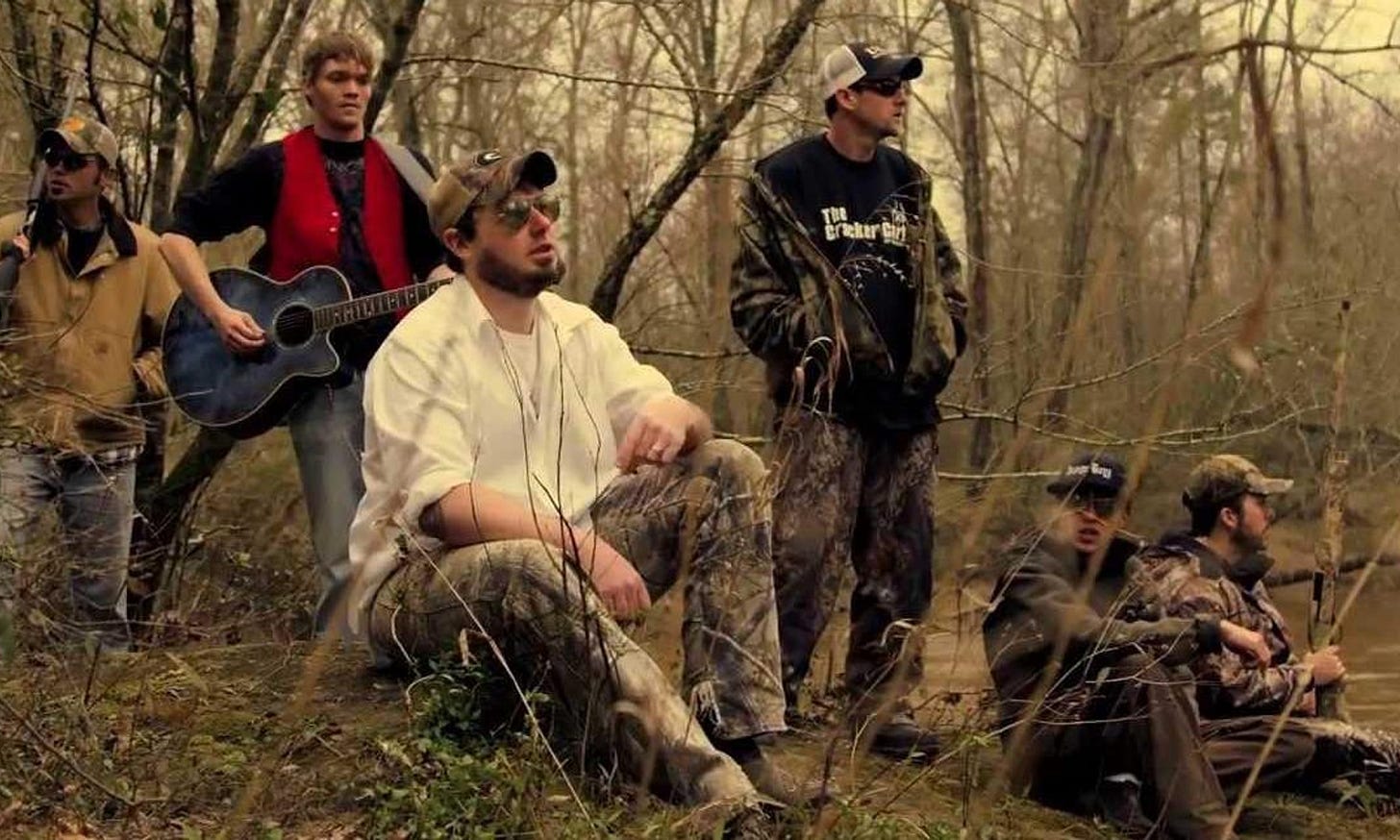Genre of the Day - Country Rap
Album of the Day - Secret House Against the World by Buck 65 (2005)
Sometimes, genre names are rather direct, summarizing their fusion by simply employing the two parent genres’ names. As genres are categorical means of organizing musical ideas, creativity isn’t always the primary force in creating their names. Still, one imagines that today’s genre could have more zany names, such as those that outlets have applied. Hillbilly-hop? The slightly more questionable hick-hop? Country rap is already evocative in and of itself, though, as the combination of two vanguards of American music colliding.
Country rap has had its biggest few years yet in the last half decade or so, first on Lil Nas X’s country-trap hit “Old Town Road” that took over in 2019. Though it seemed a fleeting lightning strike of virality, Shaboozey’s success with “A Bar Song (Tipsy)” and Beyonce’s sprawling exploration of shared origins between what is commonly defined as Black music and what is defined as country music in Cowboy Carter have popularly proven the fusion’s mileage. Their melding often seems to capture the American public imagination that it “surprisingly” works, but projects that probe their comparisons more reveal how both forms summon immediacy in their deft storytelling capacities.
Country rap has precedence in the talking blues numbers that have always been present in country music, but the idea of these two distinctive genres coming together did not emerge until rap became a commercially predominant force in the early 2000s. Southern artists pioneered their fusion, challenging (often clumsily—Kid Rock, I’m looking at you) the notion that these two genres had to be redlined, historically separated by the racialized barriers of radio categories and sociocultural origins. These emcees like Colt Ford and Bubba Sparxxx sought to prove that slick-talking and laying down bars could constitute a single approach, often thematically drawing from emergent city cowboy aesthetics.
For my rather American-centric description of these genres, Buck 65 indeed bucks the trend as a Canadian in the field. Perhaps it’s this outsider perspective that frees his creativity, as his abstracted combination of the two forms generates more whimsical and innovative results rather than simply sounding like a pastiche of the two. His delivery is sandy and drawling on “Rough House Blues,” which combines the typical wordiness of early 2000s rap with an on-the-road narrative, and then David Byrne-esque on the dense “Le 65isme.” He veers towards the end of the rap spectrum that emphasizes plainspokenness over melody on songs like “The Suffering Machine,” built around a lonesome, low-guitar motif. This approach ultimately clarifies the unity between these customarily sonically disparate genres, in the power of individuals’ words to paint rich stories—as he muses on “Surrender to Strangeness,” “I swear this pen has a mind of its own.”






It’s more country funk than country rap, but in “Hot Damn” Paul Cauthen does have a rap mid-way that I think qualifies for the category.
https://youtu.be/yRr3nHi4Xfc?si=cIrnx22yDQgoyr8u